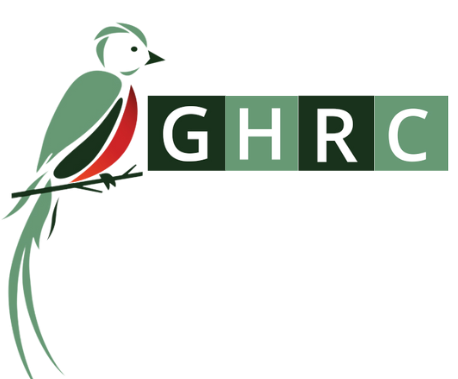The killing of Indigenous environmental defender Berta Cáceres on March 2, 2016 was not unique. More than 1,000 people were killed for political reasons during the 12 years of the narco-dictatorship. The people of Honduras know that when communities organize in defense of their territories, they too often face militarization, repression, criminalization, and violence. But Berta’s assassination does remain as one of the most visible symbols of the risks borne by land and environmental defenders. The behind-the-scenes plotting of her brutal assassination is slightly complicated but the reasons very straight forward. The narco-dictatorship that “opened up Honduras for business” tried to kill the organized resistance to their mega-projects (like the privatization of the Gualcarque River for foreign investors' hydro-electric project) that illegally dispossess Indigenous and campesino communities of land, water, and self-determination.
How can we honor Berta?
For one, we can affirm the demand of the Council of Popular and Indigenous Organization of Honduras (COPINH) that the intellectual authors of the assassination be brought to justice. Moreover, we can do what Berta would do. Live, organize, educate, work and struggle together. Reach out and support the too many victims of this violent, unjust and unequal global human order. Name, denounce and hold accountable the responsible actors—countries, companies, wealthy elites, banks, investors and more. Organize, educate, work and struggle against all injustice, inequality and discrimination. Live with the knowledge that another world is indeed necessary and act as though we believe it is indeed possible.
To support IRTF’s accompaniment work with human rights and environmental defenders in Honduras, click here.


